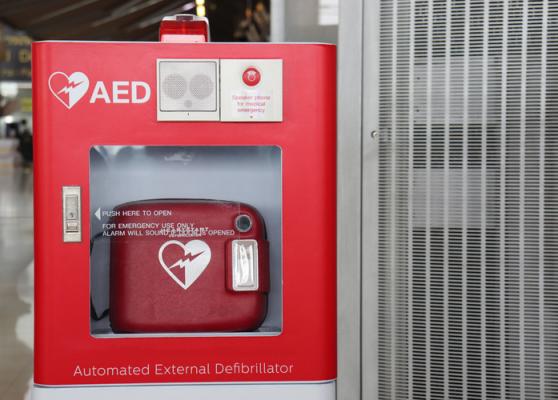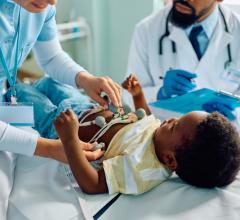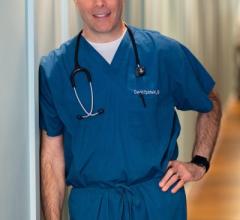
Getty Images
August 1, 2022 — A study from the University of Warwick has found that school-based defibrillators (AEDs) that are accessible outside of school hours could be effective in treating over two thirds of Out of Hospital Cardiac Arrests (OHCAs) within five minutes.
Researchers from the Clinical Trials Unit at Warwick Medical School found that between 2014 and 2016, 69.3% of OHCA’s in the West Midlands occurred within 500 meters of a school, equivalent to a five-minute walk.
However, although over half (57%) of schools surveyed have defibrillators on site, only 13% of these are accessible 24 hours a day, limiting their potential benefit. Options to improve accessibility include registering AEDs with Emergency Medical Services, using The Circuit, and ensuring they are installed in locations which are always available to the public.
The research forms part of ongoing research by Warwick Clinical Trials Unit that is looking to identify locations to optimize the placement of AEDs in the community, to increase their availability and likely use in the event that an out-of-hospital cardiac arrest occurs nearby.
According to the National Institute for Health and Care Excellence (NICE), fewer than one in ten people survive an OHCA but defibrillation within three to five minutes of collapse can improve survival rates by 50-70%. The government has committed to providing state-funded schools in England with defibrillators by summer 2023, which was informed by previous research on OHCAs from Warwick Clinical Trials Unit.
Dr Terry Brown of the Applied Research Collaboration West Midlands, Warwick Medical School, said: “Schools are often at the heart of the community and there is an opportunity to provide real public benefit by increasing the availability and accessibility of schools-based defibrillators.
“With half of out of hospital cardiac arrests happening outside of school hours, and many AEDs not registered with Emergency Medical Services, greater access to defibrillators has a strong economic justification but most importantly lives can be saved.
“The government has committed to fund all necessary devices so that every school in England has at least one defibrillator on-site, or more for larger sites, by the end of next year. Our research shows the importance of ensuring these are available and accessible to the community, not just to staff and students during school hours.”
West Midlands Ambulance Service Medical Director, Dr Alison Walker, said: “Having publicly accessible defibrillators at every school has to be a priority as the data clearly shows it could save many more lives. Having every defibrillator available 24/7 and registered on ‘The Circuit’, the National Defibrillator Database run by the British Heart Foundation, will allow ambulance services to quickly direct people to their nearest device.
“Having only 13% of school defibs publicly accessible is far too low. As a pre-hospital emergency doctor, I know just how important it is that a patient in cardiac arrest gets CPR and early defibrillation as soon as possible. We absolutely support the call for all defibs to be publicly available.”
For more information: www.warwick.ac.uk/ohcao


 May 19, 2025
May 19, 2025 









